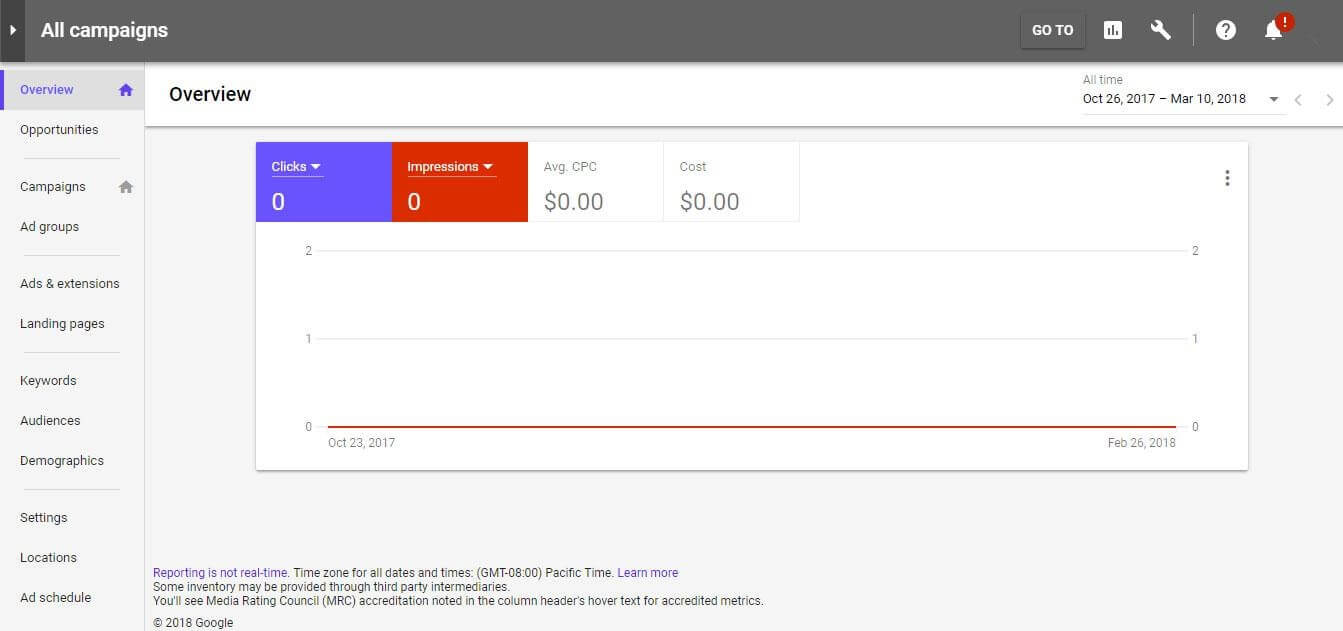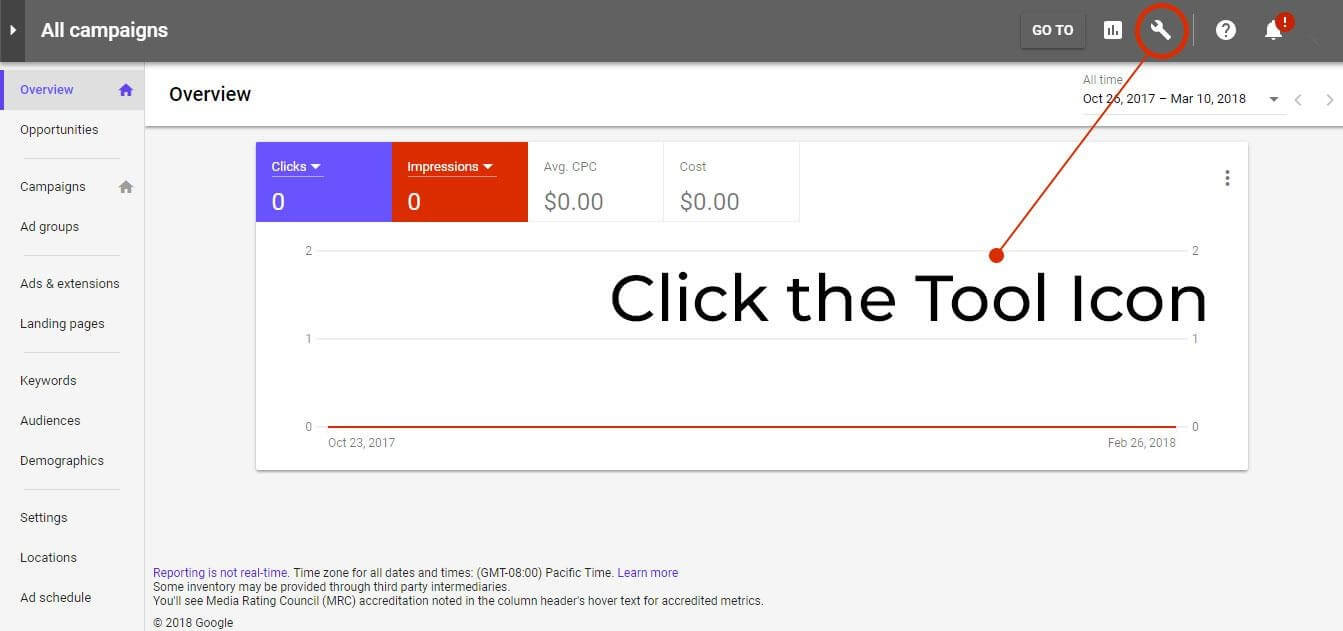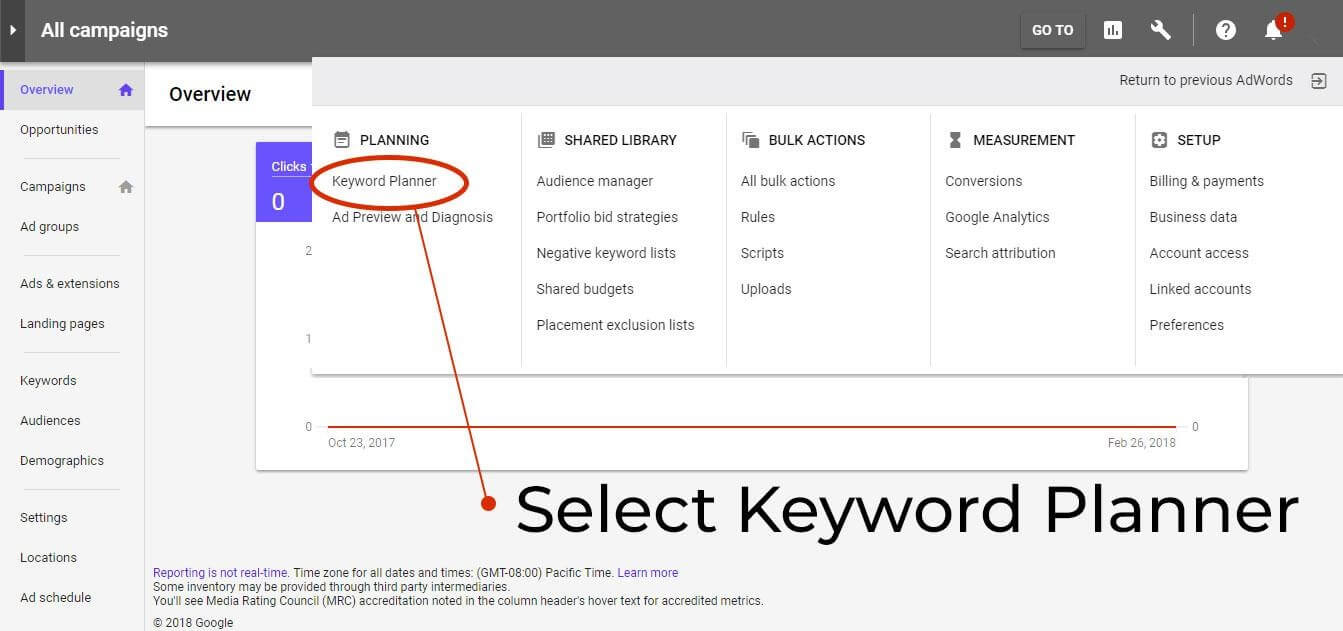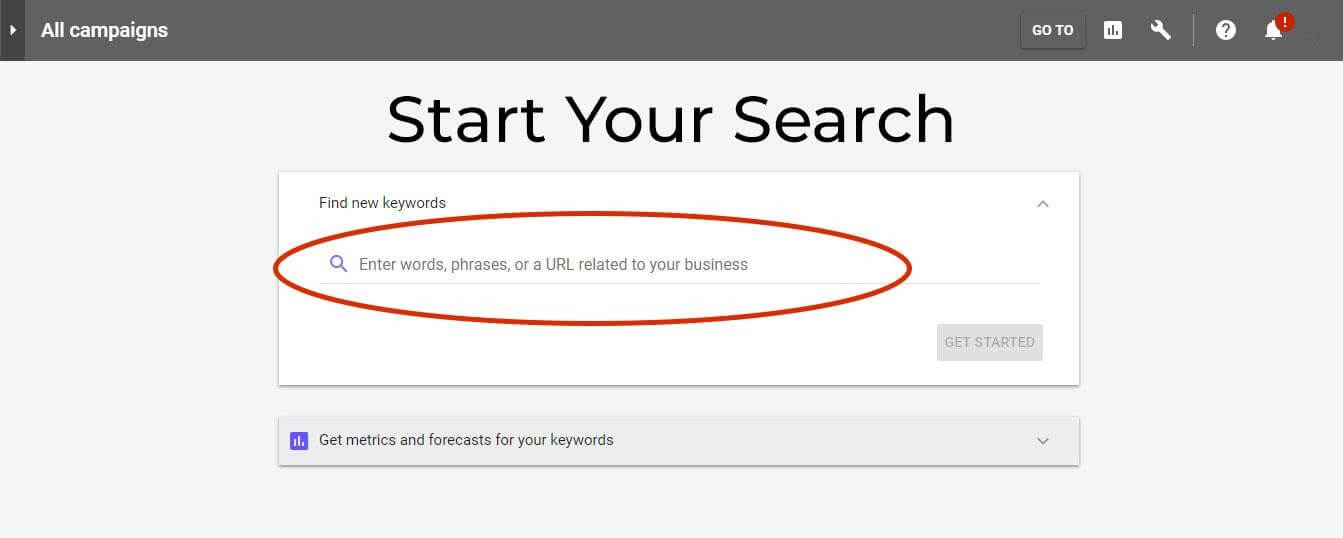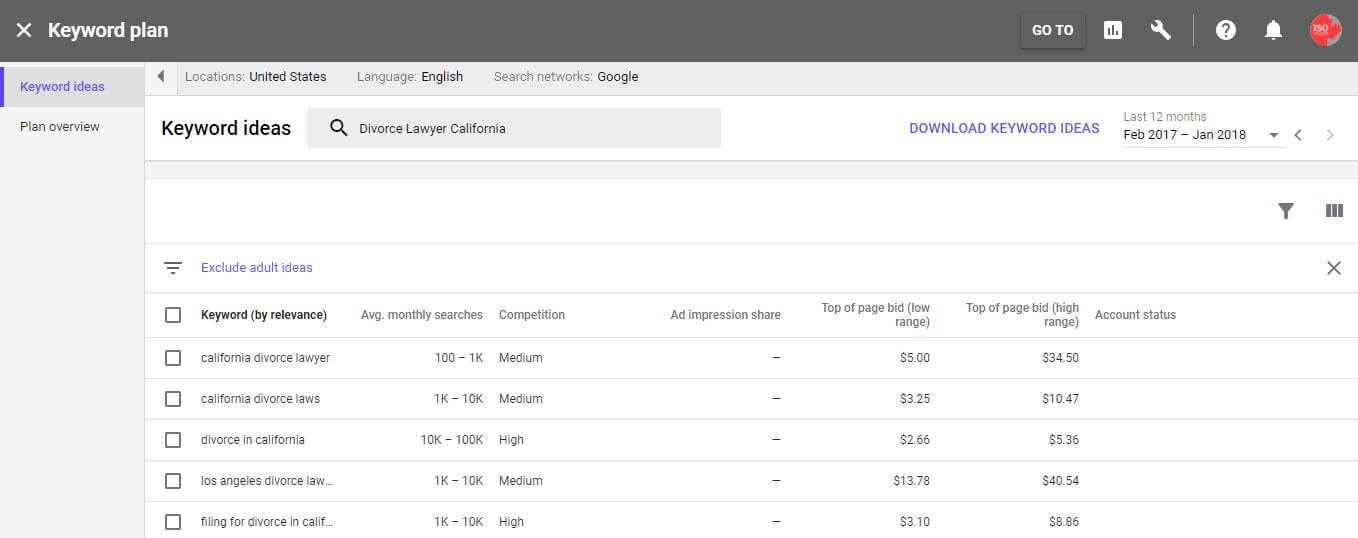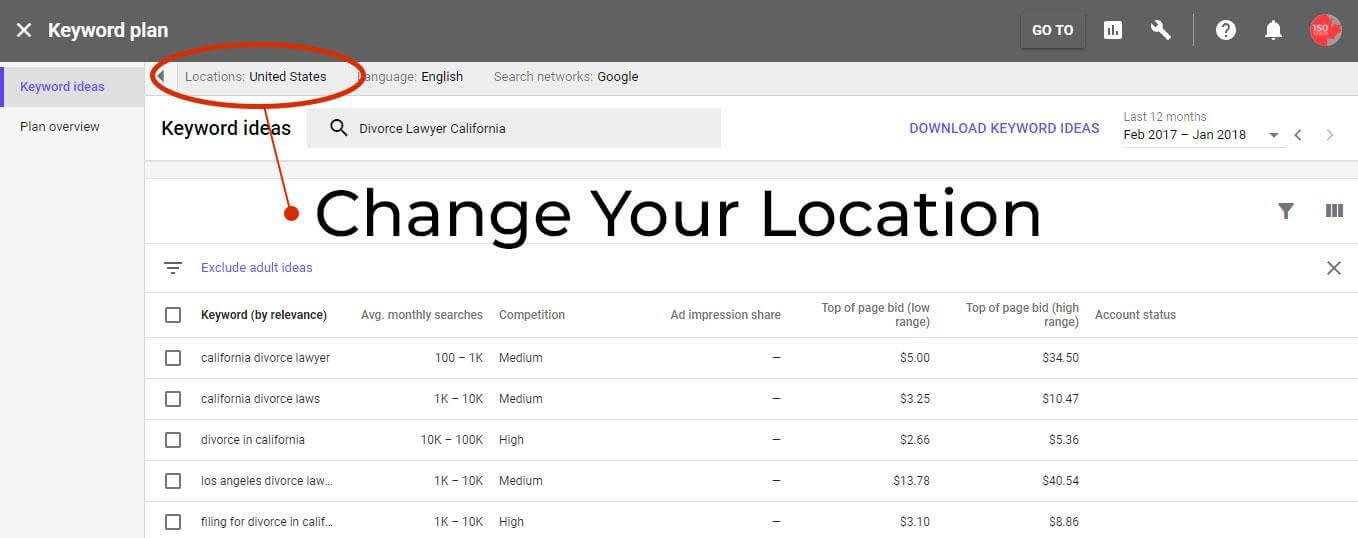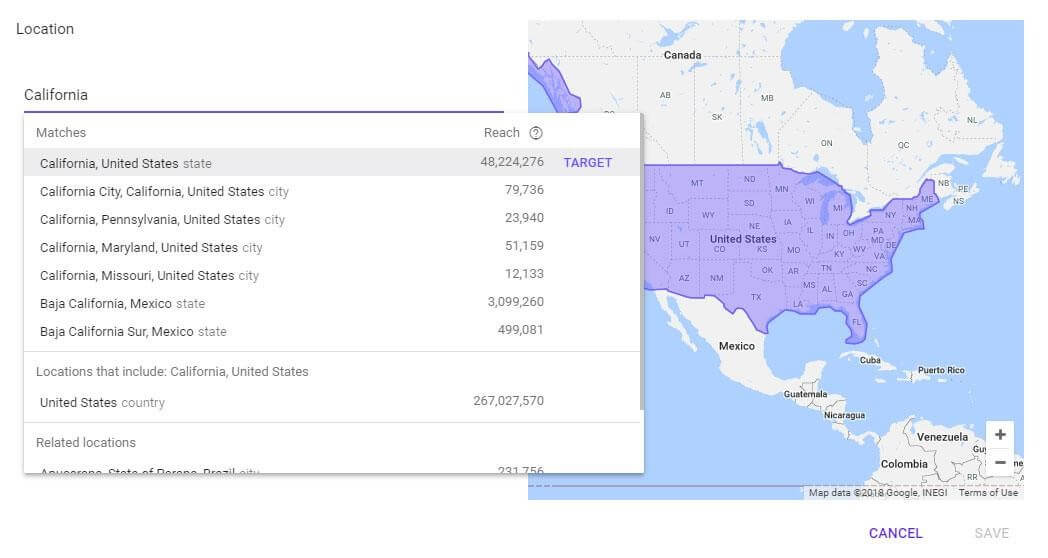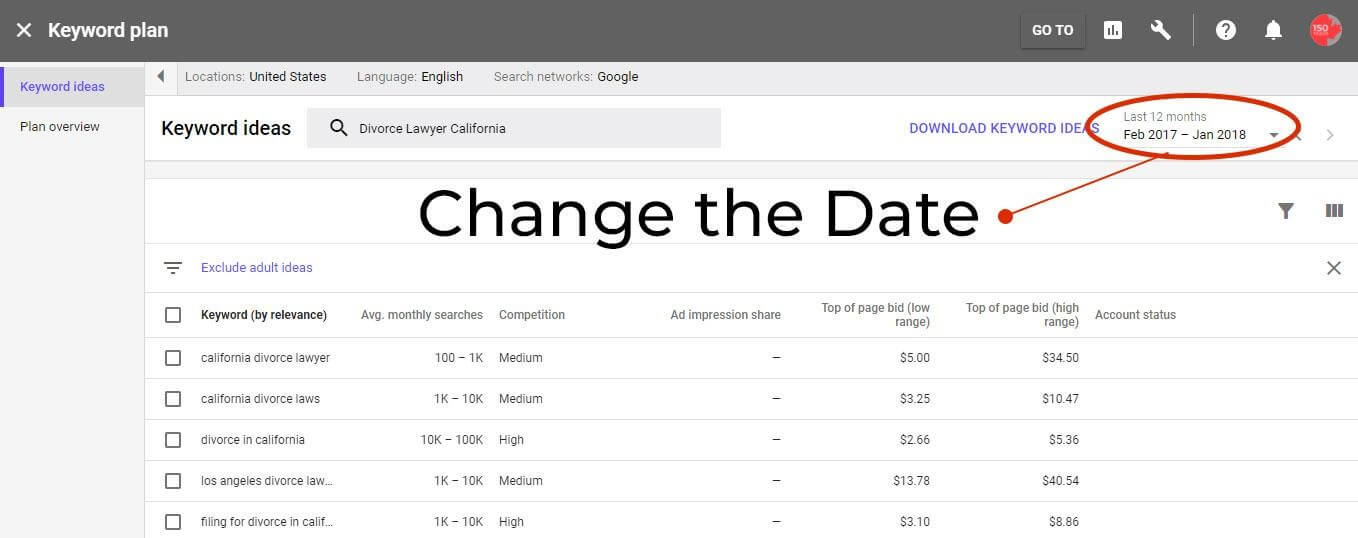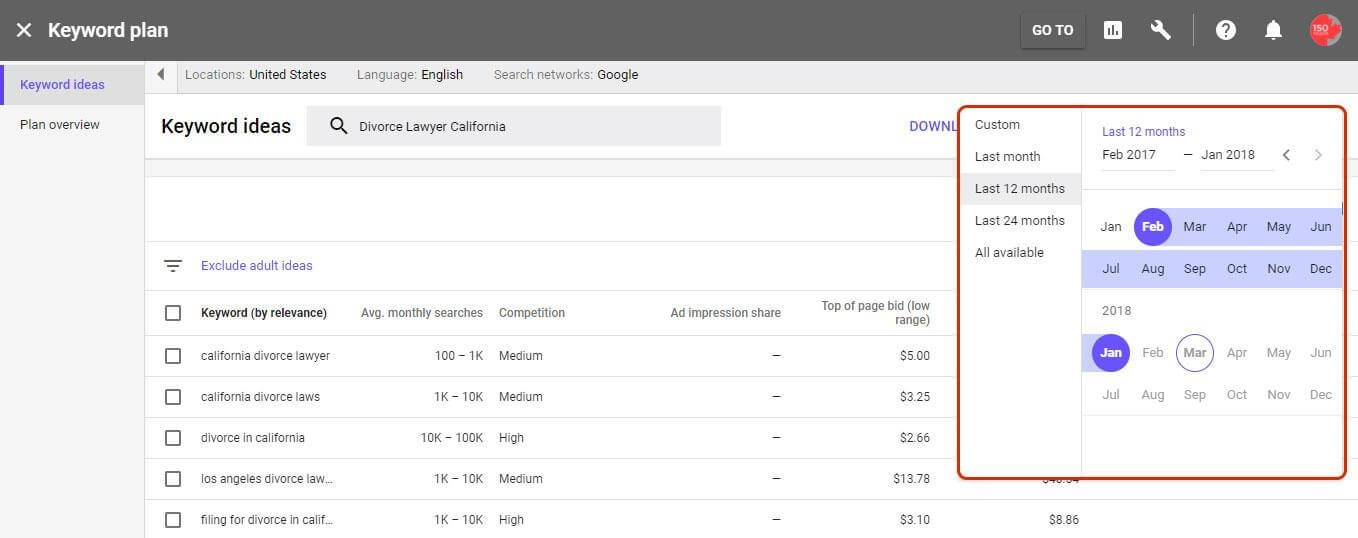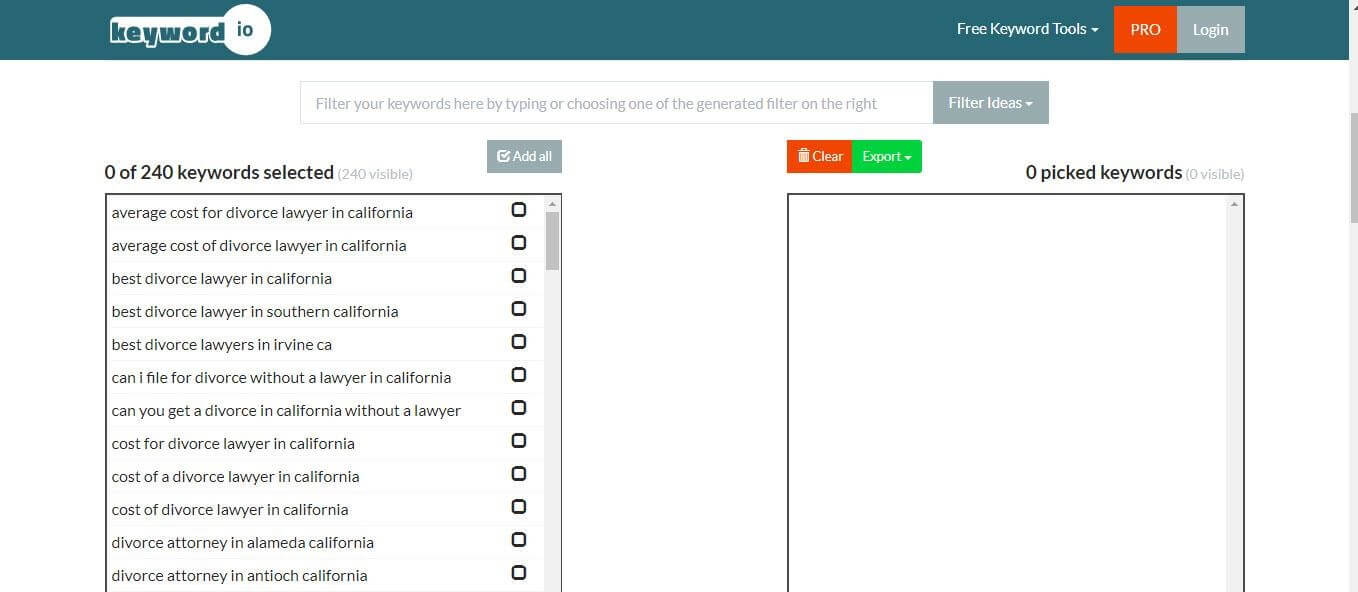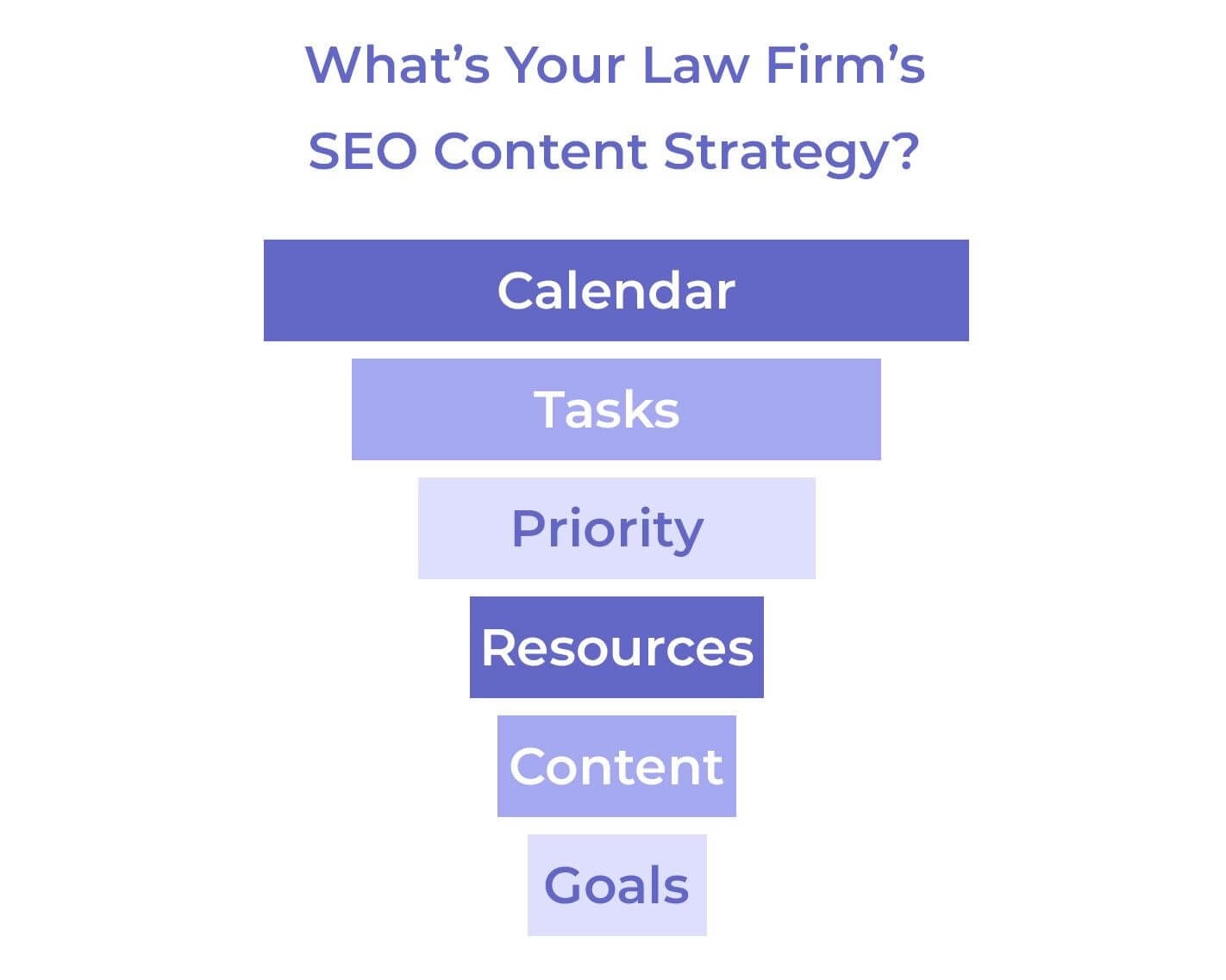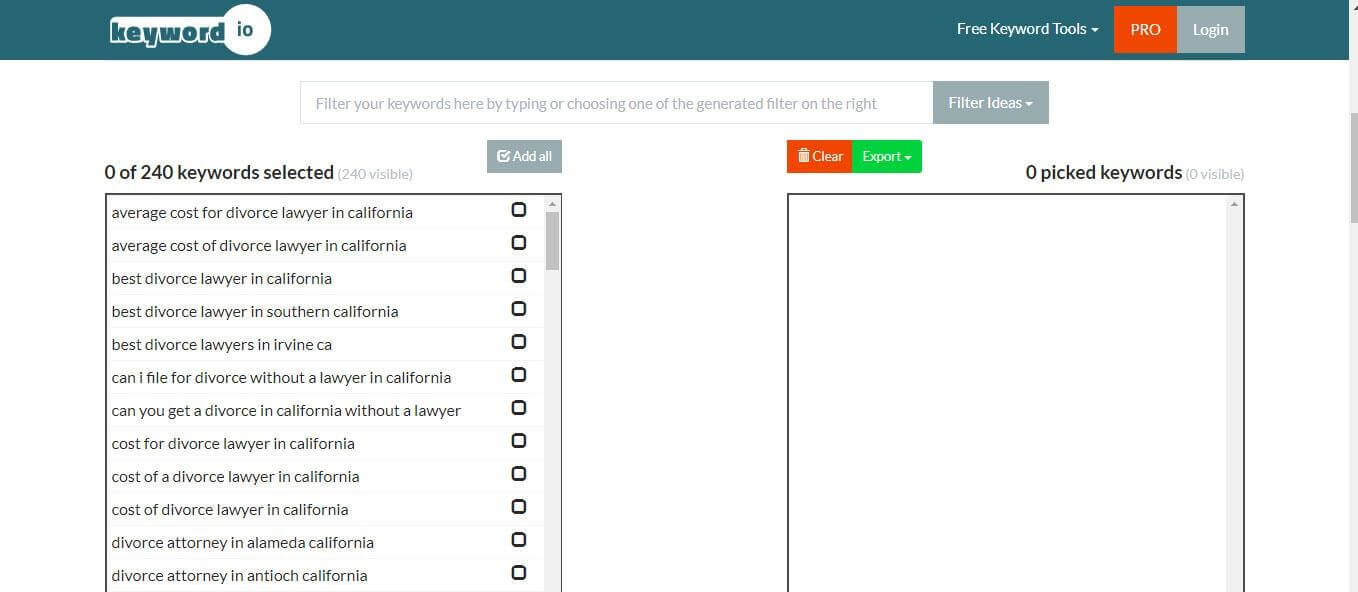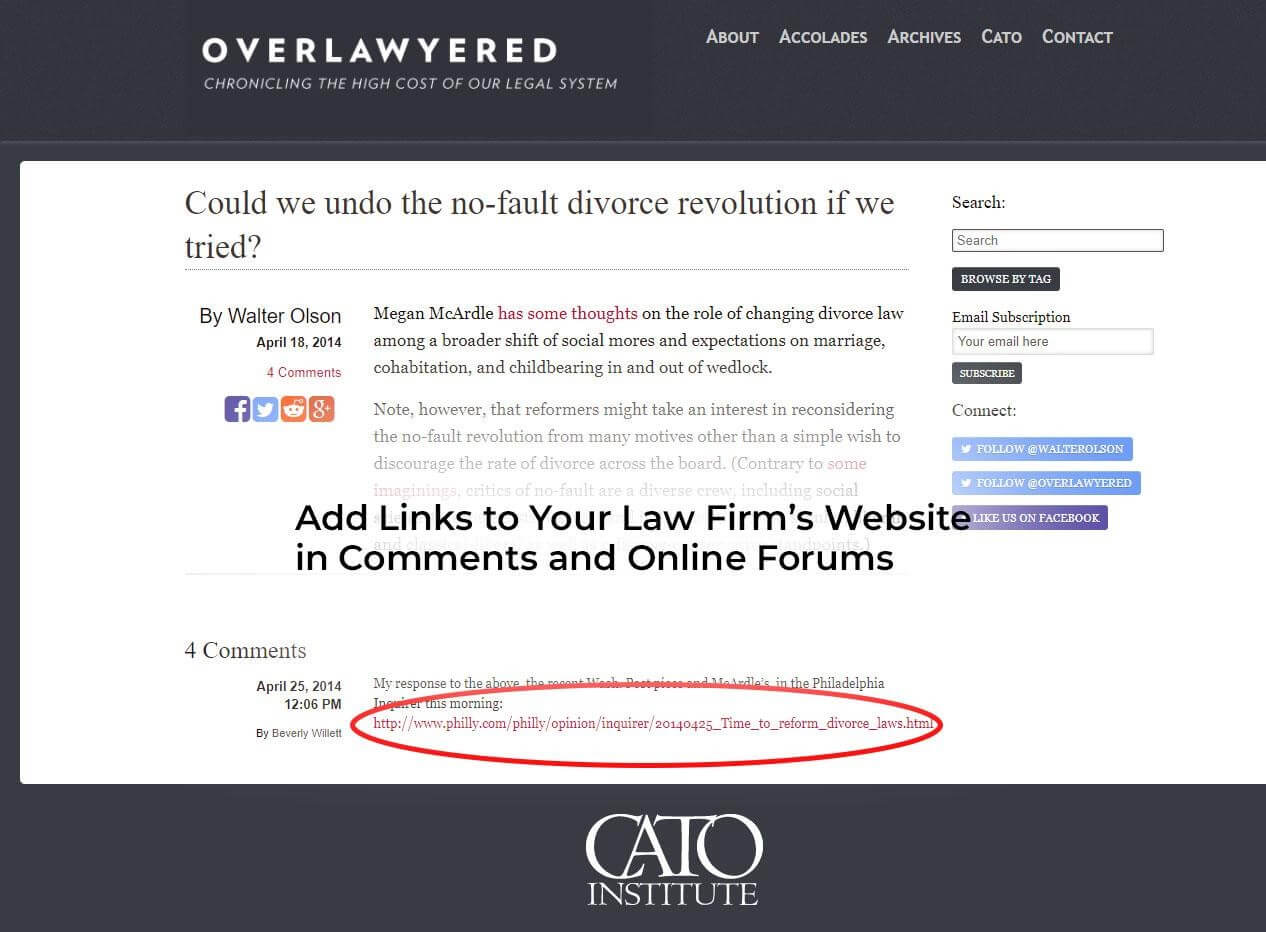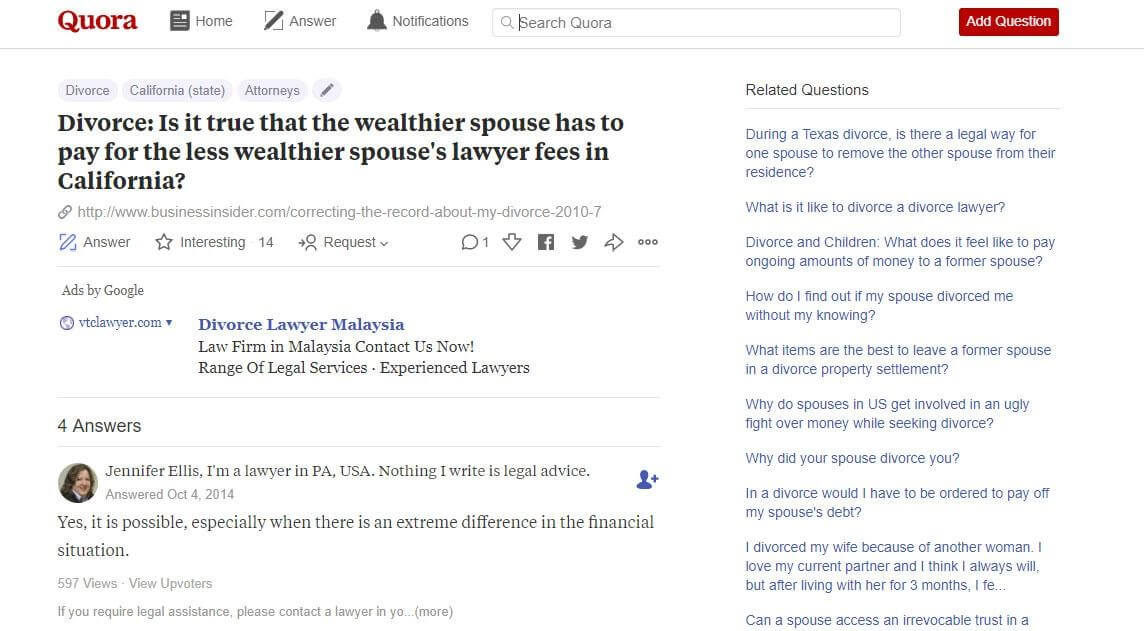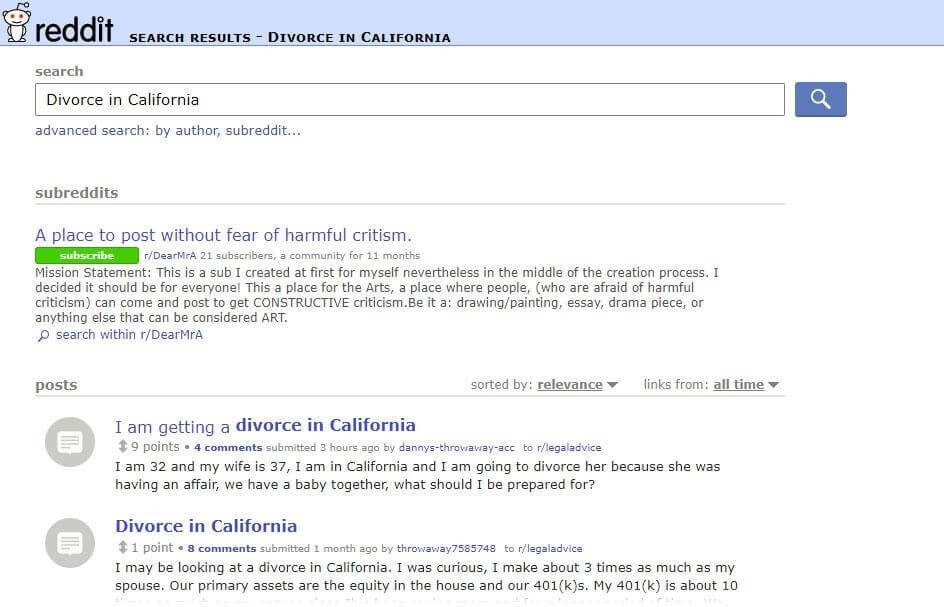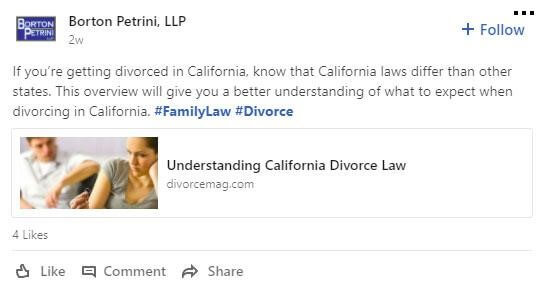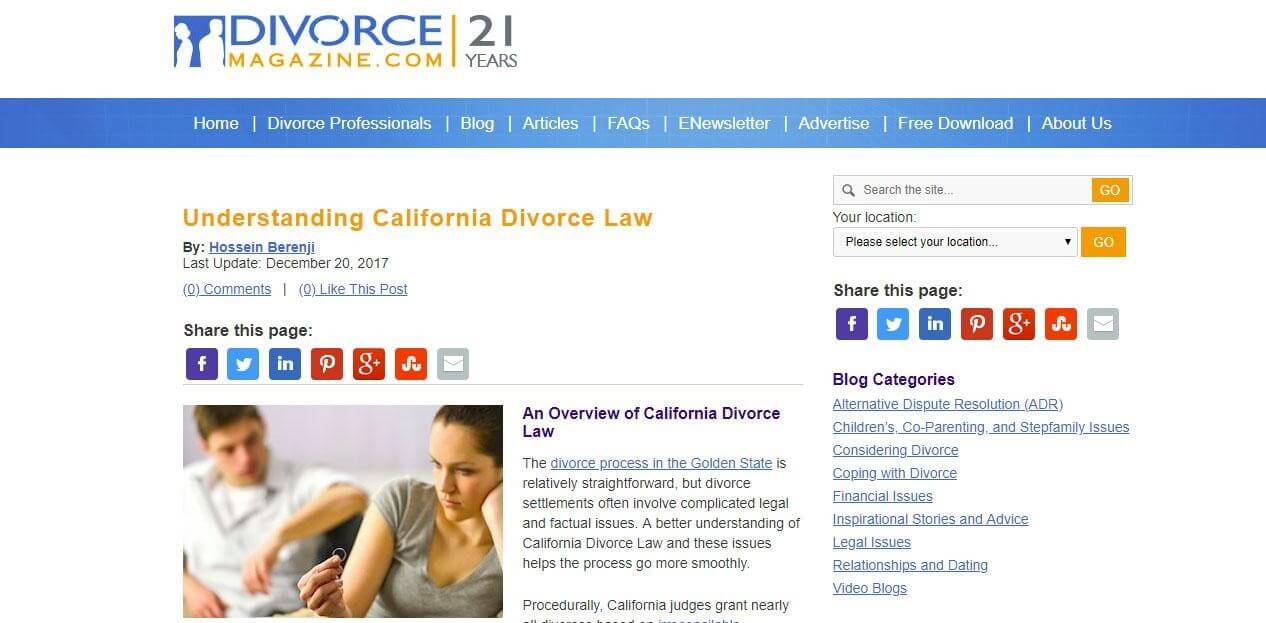Having an effective SEO strategy for your law firm will not only keep you competitive but also give you access to more prospective clients. If you already reviewed our SEO Tips for Lawyers and advanced SEO methods, we put together any missing pieces to the SEO puzzle right here.
Understanding SEO
Ever wondered why certain websites appear on the front page of Google when you search, “Criminal Defense Lawyer in Florida”?
This is made possible by SEO.
SEO, or Search Engine Optimization, is simply increasing your visibility in search results. There are many different ways to improve your search rankings such as backlink building, decreasing website load time, and more.
If your website is currently found on the 27th page of Google’s search results implementing just a few of the ideas in this article could see a significant increase in your search rankings.
Keep in mind, getting your website ranked on the top pages takes consistent effort because there are likely other law firms competing for the same position. However, by implementing an SEO strategy for your law firm you can take advantage of getting free traffic from search engines.
Managing SEO takes time, which is why many attorneys turn to a legal virtual assistant to handle content creation, backlink building, and other marketing tasks—so you can focus on your clients.
SEO Strategy #1: Know Your Search Words
The first step to improve your website rankings in the search engines is to understand the words people are using in Google, Yahoo, Bing, and other search engines.
In a Google Consumer Survey, it was found that 96% of people use search engines to find legal advice. They also found that 74% of them would go to a lawyer’s website and take action.
This makes search words extremely important so that your law firm is discovered by people looking for your legal services.
How to Find Your Keywords
There are a few free and simple tools you can use to find the keywords being used in the search engines.
Tool #1: Google Keyword Planner
Google’s Keyword Planner allows you to find all the keywords people use which are related to your law firm. The insights you get from this tool includes keywords, ad group ideas, historical statistics, competition, keyword, trends, bidding and much more.
To use Google’s Keyword Planner, you need an AdWords account. Don’t worry, you won’t have to add your credit card or purchase any ads to use their free keyword planner.
If you’re unfamiliar with Google Keyword Planner, follow these steps to get started.
Step 1: After you sign in or sign up, you’ll arrive at the AdWord dashboard.
Step 2: Click on the tool icon in the top right corner.
Step 3: Select “Keyword Planner”.
Step 4: Enter your search terms.
Example:
Let’s use “Divorce Lawyer California” for our example.
The results show some important stats like Avg. Monthly Searches, Competition, and ad-related details.
You can use these results to put together keywords your web pages and blog content.
To improve the effectiveness and accuracy of your law firm’s keyword research, be sure to adjust the location and the date.
Adjusting the Location
Your law firm SEO strategy may be to attract more clients from your local area. To do this, you can use the location settings to find all the keywords being used from within your city or town.
Use the location search to be as specific or as general as you want.
Adjusting the Date
What if there were higher rates or accidents at certain times of the year? Or you’re a tax attorney and caseloads tend to increase at certain times of the year?
If adjust the date settings, you can see keywords that are used during certain seasons, recent searches, or an overview of keywords used throughout the year.
Even though Google’s Keyword Planner is meant as a guide for setting up your Google AdWords PPC, you can take advantage of the statistic for planning the keywords for your law firm’s SEO.
Tool #2: Keyword.io
Keyword.io allows you to find longtail and other related keywords. Longtail keywords are more detailed phrases (up to 3 words) which can be used to target a smaller demographic of people.
Instead of focusing all your effort on popular and competitive search terms, longtail keywords can be used to find prospective clients your competitors might be ignoring.
With Keyword.io, you can create a strategic list of keywords for any search engine including Google, Bing, Yandex, and Yahoo.
You can use Keyword.io to research keywords for a PPC Campaign, SEO, or article writing (more about this later).
Example:
Let’s use the same search term from before, “Divorce Lawyer in California”:
With Keyword.io, you can see variations of how the keyword is being used in the search engines.
Combining these results with Google’s Keyword Planner, you can come up with a strong set of keywords to use for your law firm’s SEO strategy.
SEO Strategy #2: Write and Publish Quality Content
The purpose of your law firm’s website is to attract prospective clients. To achieve this, you should write and publish quality content.
Here are a few simple strategies to guide you toward effective SEO Content Strategy:
- Publish only compelling and quality content. You want to make sure that what you publish is both unique and useful to the people reading it. Ask yourself this, what value does your content give readers?
- Use keywords. You now know how to search for relevant and current keywords so put them into your content. Use different keywords for each piece of content you publish. This not only expands your reach but also prevents SEO issues with Google and other search engines.
- Share on social media. You’ll soon learn how popularity is important to improve your SEO. Start by sharing your posts after they are published and encourage others to share them as well.
- Keep your content fresh. When you are writing and publishing new content on your law firm’s blog, keep it fresh and up to date. Spend a few minutes researching current events and try to write something related to today’s trends.
- Obtain backlinks. You’ll learn all about this in SEO Strategy #3.
- Publish frequently. Don’t just publish one or two articles and think that’s enough. You have to publish frequently to remind the search engines that your site is live and your content is important.
To get started on your law firm’s SEO content strategy, you want to be optimizing content for discovery and conversion. This means using the keywords you found and writing in a way that turns website visitors into new clients.
Also, you also understand the intent of the search words being used in Google. If someone searches, “Divorce Lawyer Fees,” they are likely shopping around for the best prices. If that person chooses your website, which do you think would be more compelling?
Sample Content #1:
Our divorce lawyers fees start at $100 per hour. Contact us today for a consultation.
Sample Content #2:
We offer some of the lowest divorce lawyer fees in town. Contact us for a free consultation to get started.
Another example of keyword intent could be someone searching for, “My wife wants a divorce.” Here, the intent is for information, both emotionally and legally, that will help them handle their divorce. In this situation, you may not want to sell your service but instead, come across as a warm friend with helpful advice.
Remember this: when you write content for your law firm’s website, you should always put your audience first. Writing to satisfy the ever-changing algorithms of Google and other search engines could lead to a negative SEO. Instead, focus on providing quality content that comes from you and resonates with your current and prospective clients.
Implementing Longtail Keywords
Let’s take another look at the list of longtail keywords from before:
You’ll notice quite a few keyword phrases found that can be used to shape the type of content you create. Alternatively, if you’re out of ideas you can use this list of longtail keywords to write articles like:
- 7 Reasons Not To Get a Divorce in California Without a Lawyer
- Low-Cost Divorce Lawyer in California | YourLawFirm.com
- 3 Simples Steps for Filing for Divorce Without a Lawyer
Creating Quality Content
You could have a blog talking about your thoughts and experiences as a lawyer or you could create content with a strategic plan and a specific goal.
Again, using the list of keywords you researched related to your law firm, you can create a long-term strategy to publish and share content related to the needs of your prospective clients.
For example, during the Christmas season, you may want to write a series on the consequences and outcomes of drinking and driving. Or, if you’re that divorce lawyer from California, you can write about divorce rates and actions to take if they’re considering divorce.
Take note of what Matt Cutts, Google’s software engineer, has said about creating content:
“You need to find some way to pull people in, to get them interested, to get them enticed to try to pick up whatever concept it is you want to explain. So I would argue, first and foremost, you need to explain it well, and then if you can manage to do that while talking about the science or being scientific, that’s great.”
SEO Content Calendar
Planning out your content in advance can make your marketing efforts significantly easier.
You should plan for one to two months in advance and prepare content that can be interlinked with each other. Interlinked content are pages linking to another page on your website (this adds SEO benefits and also keeps visitors on your website longer).
Once you have created an SEO content calendar, you can start to publish on your social media accounts, email newsletter and any other places you can think of. However, before you do, you should consider the best times to publish your content. Here’s what Hubspot recommends:
- Facebook: 9 am, 1 pm, and 3 pm (with 1 pm getting the most shares) on Thursday, Friday, Saturday, and Sunday.
- LinkedIn: 7-8 am, 12 pm, 5-6 pm on Tuesday, Wednesday, and Thursday.
- Instagram: 2 am, 8-9 am, and 5 pm on any day.
You’ll have to test your own content to see which times get you the most traffic and the best results. Ultimately, here’s a few tips to follow for your law firm’s SEO content calendar:
- Post consistently (i.e. three times a week)
- Use multiple social channels
- Choose times that get the most engagement with your target audience
SEO Strategy #3: Build Your Backlinks
By now, you may notice that your law firm’s SEO strategy is quite complex. However, to keep things simple, the ultimate goal of SEO is to improve your popularity.
In order to boost your law firm’s “popularity” and get prospective clients coming to your website, you have to build backlinks from various online sources.
Search engines like google are looking for law firms with relevant and authority links pointing to its website. The way authority websites are measured is also based on the amount of traffic coming to that website.
Steps for Build More Backlinks
Building backlinks to your law firm’s website can be challenging. There are some methods you can try, but they could get you in a lot of trouble. For example, if you decided to purchase backlinks from an unreputable source, Google may put a penalty on your website which can block you from the search results.
To ensure your website doesn’t get blocked, here’s a few steps for building quality backlinks:
1. Publish quality content. If you’re producing great content that connects with the people who read it, there’s a great chance that they will share it with their friends and family. This is the best way to introduce your legal services to new people.
Take note of these blogs rated by the American Bar Association to be the best law blogs:
Clio offers incredible law firm management software and they use their blog effectively to share their knowledge and expertise.
Verdict is a magazine blog provided by Justia (an online resource where you can sign up, add your website, and find prospective clients) which has a blog full of content on every aspect of the law.
Overlawyered is one of the oldest law blogs exploring the American legal system. Take a look at the bottom of this blog, notice the comment section? Here is a great way to contribute to the discussion and sometimes share a link your website:
2. Network and help others. Expecting people to link to you is unthinkable. You have to reach out to others and show off your expertise. You should join various forums and online groups to meet new people and offer help when you can. Here are some examples:
Quora is an active community of people asking and answering questions. After you set up an account for your law firm, you can search for relevant questions related to your legal services. Here’s an example using our California Divorce Lawyer:
If you had an article titled “Low-Cost Divorce Lawyer in California | YourLawFirm.com” you could insert a link into your answer. Quora is an authority website and not only can you use it to send new visitors to your website but it’s also effective for your backlinking efforts.
Reddit is a community of news enthusiast sharing and reading the top stories in America. Before you start sharing your content here, you should know that direct marketing is often frowned upon by its community members. There are various discussion boards where people are seeking answers to their problems, however, the website uses a rating system to rate anything posted and commented. So, be careful.
In this example, you can see that people are sharing their experiences getting or considering divorce in California. Here’s your chance to make direct connections with a potential client by offering content related to their situation and sharing your insights in a response.
When selecting which posts to comment, choose the ones with more points as these are receiving active engagement and interest.
LinkedIn Pulse is one of many social channels you can use to publish your content related to law firm’s blog. Here’s an example of a law firm using LinkedIn to share direct links to their blog:
LinkedIn may not be best place to find new clients but it’s a great way to build links and increase your website’s authority.
Want more ideas for marketing your content? Read 30 Law Firm Content Marketing Ideas
3. Become an online authority. If you’re publishing great content consistently, you can expect people to start writing and linking back to your website. You can’t expect your online authority to change overnight. By following the previous two steps and consistently engaging with people online, you can start to see more of your links getting shared online and you may even get featured on top news channels (links from these sources carry a significant authority that can boost your website’s search rankings).
Summary
Creating the perfect SEO strategy for your law firm starts with knowing which words prospective clients are searching online. Once you research these terms and create incredible content, you can start to share links to authority websites to grow your online presence and increase exposure to your legal services.


